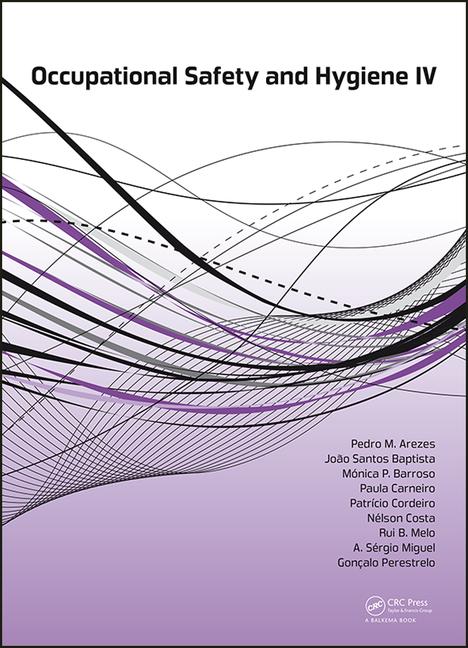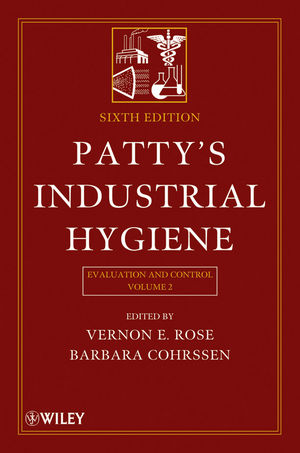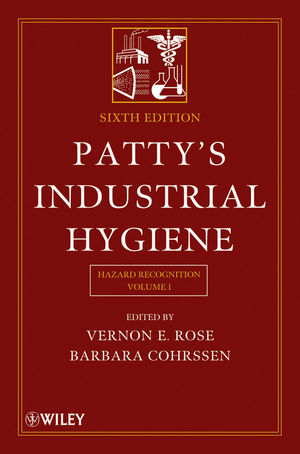In much of the world, preventable work related illnesses and deaths are increasing, while in many areas, people trained in occupational hygiene -- which uses science and engineering to prevent work-related ill health -- are in short supply. The International Labour Organisation (ILO) estimates that work-related accidents and illnesses annually take 2 million lives and cost the global economy an estimated $1.25 trillion.
A globally recognized non-profit organization called the Occupational Hygiene Training Association (OHTA) is trying to change that by helping companies that face challenges find quality, accessible and affordable training at the right level – and it’s asking safety professionals for input in order to accomplish that goal.
Meeting the needs
“OHTA is at a critical juncture and needs your feedback to ensure that it meets the needs of a growing workforce faced with unsafe working conditions,” said Roger Alesbury, Chairman of the OHTA Board. “We would certainly appreciate your taking 10 minutes to complete the following survey. Click on this link and help us make a difference!”
The OHTA is collaborating with nearly three dozen non-profits (including AIHA, BOHS, AIOH and IOHA) to promote education and training in occupational health on the global front through:
- Free, downloadable Internationally-developed and vetted quality training;
- A career ladder, with stepping stones and agreed-upon competency levels that complement existing national professional certifications;
- Seven (7) excellent quality, intermediate level modules that provide basic OH/IH training which complements established training programs globally;
- Collaborative efforts with universities and national IH/OH organizations to fill training gaps, not compete with them.
The OHTA says it now more than 100,000 OHLearning.com users, 6,000 module exam candidates and 600+ courses which have been run in 40 countries.
Strengths and weaknesses
Why think globally when it comes to being an occupational hygienist?
“Following the international qualifications structure will help you to pinpoint your strengths and areas of weakness and to set targets for your own improvement,” said Alesbury, who also pointed out the benefit of networking with others with similar interests. “You will benefit from access to advice from experienced occupational hygienists who will support your development.”
Holders of recognized qualifications are eligible to apply for professional status which is offered by a number of national associations. Professional status is recognized internationally and enables Hygienists to participate in continuing professional development schemes.





